Acoustics & Vibrations Blog Posts
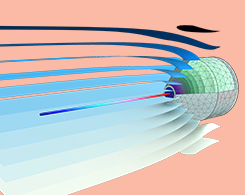
Analyzing a Probe Tube Microphone Design with Acoustics Simulation
Probe tube microphones are an important component in hearing aids. Learn about how you can use acoustics modeling to analyze the design and predict the performance of these devices.

How to Model Gearbox Vibration and Noise in COMSOL Multiphysics®
Compute the NVH, an important design consideration for automobiles, industrial machinery, and more, in a gearbox design using multibody analysis. Part 5 of a series on gear modeling.
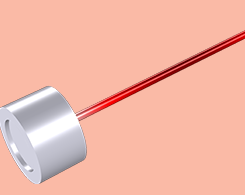
Analyzing Hearing Aid Receivers with Lumped-Parameter Modeling
Modeling complete hearing aid systems is extremely computationally expensive. Enter lumped-parameter modeling, which enables you to couple a system component to a test setup for validation.
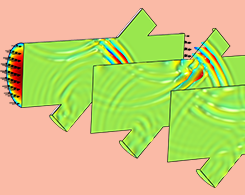
Using the Discontinuous Galerkin Method to Model Linear Ultrasound
You can easily model acoustically large problems, like linear ultrasound, with a predefined physics interface that uses a memory-efficient approach called the discontinuous Galerkin method.

Keynote Video: Solving 2 Transport Process Problems with Simulation
In a keynote presentation from the COMSOL Conference 2016 Boston, Carl Meinhart from the University of California, Santa Barbara and Numerical Design discusses simulating transport processes.

Keynote Video: Locating Leaks in Pipe Networks with a Simulation App
Sebastien Perrier of Echologics discusses a simulation application used to locate leaks in underground pipe networks in his keynote presentation at the COMSOL Conference 2016 Boston.

How to Model an Anechoic Coating
Modeling an anechoic coating involves finding the smallest unit cell, truncating the geometry, and analyzing the wave diffration. The COMSOL® software includes predefined interfaces to do so.
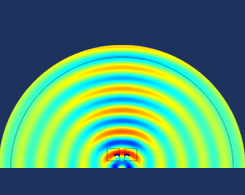
How to Use Acoustic Topology Optimization in Your Simulation Studies
Today, guest blogger René Christensen of GN Hearing discusses the importance of acoustic topology optimization and how to apply it in COMSOL Multiphysics. Topology optimization is a powerful tool that enables engineers to find optimal solutions to problems related to their applications. Here, we’ll take a closer look at topology optimization as it relates to acoustics and how we optimally distribute acoustic media to obtain a desired response. Several examples will further illustrate the potential of this optimization technique.
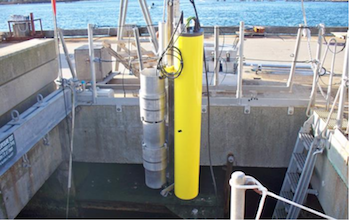
Optimizing a Tunable Organ Pipe for Ocean Acoustic Tomography
Read about a scientist from Teledyne Marine Systems who used simulation to improve a tunable organ pipe design and then compared the results to experimental tests.
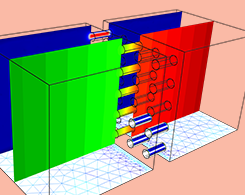
Efficiently Calculating the Acoustic Transfer Impedance of a Perforate
Learn how to efficiently calculate the acoustic transfer impedance of a perforate in COMSOL Multiphysics®. (Hint: It involves applying a semitransparent boundary to the model.)
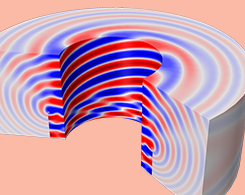
Reduce the Fan Noise of a Turbofan Aeroengine with Simulation
Noisy turbofan engines are often used to power commercial airplanes. You can reduce their noise pollution with the help of acoustics modeling…
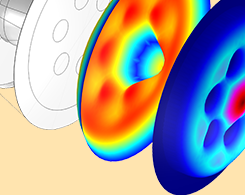
Evaluating Microphones and Transducers with Simulation
Research teams at Brüel & Kjær, an industry leader in sound and vibration measurement, use multiphysics simulation to model their microphone and transducer designs. Read the full story.
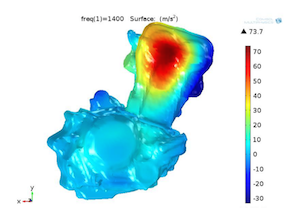
Reducing Motorcycle Engine Noise with Acoustics Modeling
Vroom vroom! Or not? Researchers at Mahindra Two Wheelers, Ltd. in India used acoustics simulation to mitigate the engine noise in their motorcycle designs.
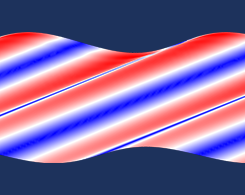
Quickly and Accurately Analyze Acoustic Reflections with Apps
Read about how you can design a computational modeling app to calculate the acoustic reflections off a water-sediment interface with both speed and accuracy.
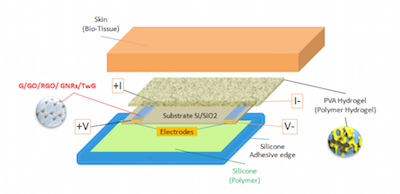
Simulating a 3D Multilayered Graphene Biosensor Design
A team from the Polytechnic University of Bucharest designed and analyzed a 3D multilayered graphene biosensor with COMSOL Multiphysics®. Get the full story here.
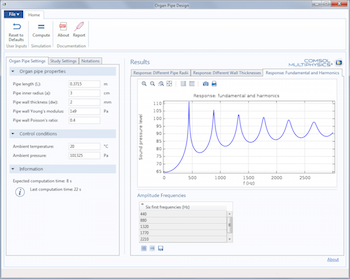
Hear the Sound of an Organ Pipe Design with a Simulation App
Did you know that apps can generate audio results, not just visual data? The Organ Pipe Designer investigates the parameters behind an organ pipe configuration, then plays the resulting sounds!

How to Create Outstanding Sound Performance in Vehicles
Just because you’re in a car, doesn’t mean the sound quality should be subpar. A guest blogger demonstrates how to use acoustics simulation to optimize sound performance in vehicles.
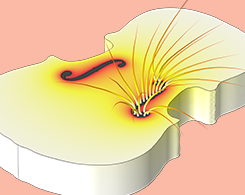
Analyze Violin Tone and Volume with Multiphysics Modeling
What is the purpose of those f-shaped holes in a violin? As it turns out, both the body of a violin and shape of its holes greatly affect its tone and volume.
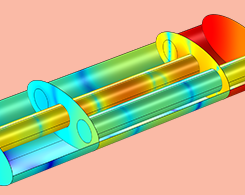
Multiphysics Simulation Provides Accurate Muffler Designs
A guest blogger from Lightness by Design, a COMSOL Certified Consultant, shares how multiphysics simulation provides accurate results when designing automotive mufflers.
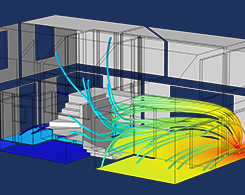
Efficiently Study Noise Distribution in a House with an App
Simulation apps can be used by those with little knowledge of simulation to run their own acoustics analyses. Learn about one example, the One-Family House Acoustics Analyzer, here.
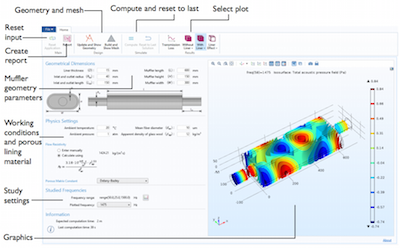
App: Ensuring the Efficiency of an Absorptive Muffler Design
We discuss a simulation app that lets engineers easily modify the dimensions of an absorptive muffler design, its ambient working conditions, and the material properties of the porous liner.

The Loudspeaker Celebrates 100 Years of Use and Influence
Did you know that December 10, 2015 marked 100 years since the first public display of a loudspeaker? Explore the device’s rich history and simulation’s role in advancing its design…

New Impedance Boundary Conditions for Acoustics Simulations
Get a comprehensive overview of the Impedance boundary conditions and how to use them for your acoustics simulations in COMSOL Multiphysics®.
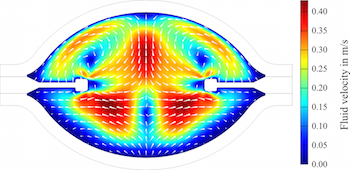
Analyzing Forced Duffing Oscillations in Metal-Halide Lamps
2 independent researchers share insight into how they are optimizing the performance of metal-halide lamps using multiphysics simulation. Read the full story here >>
